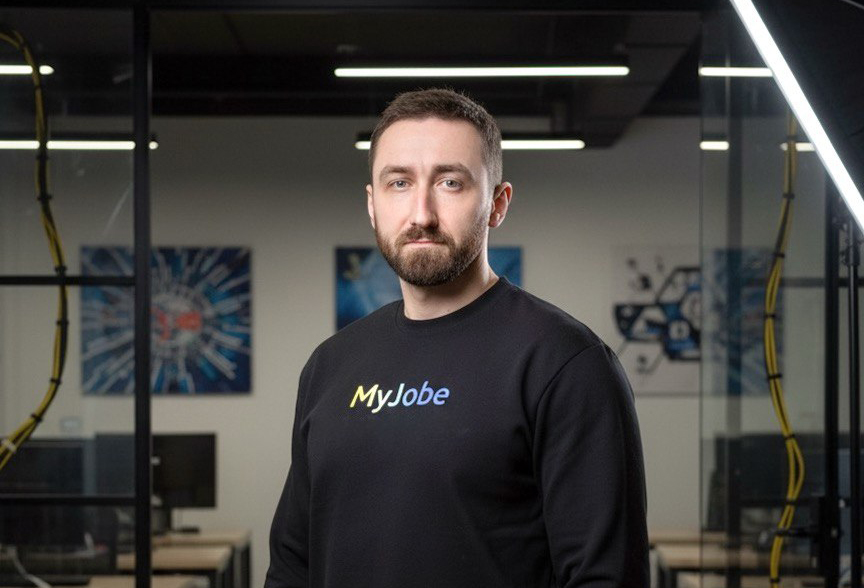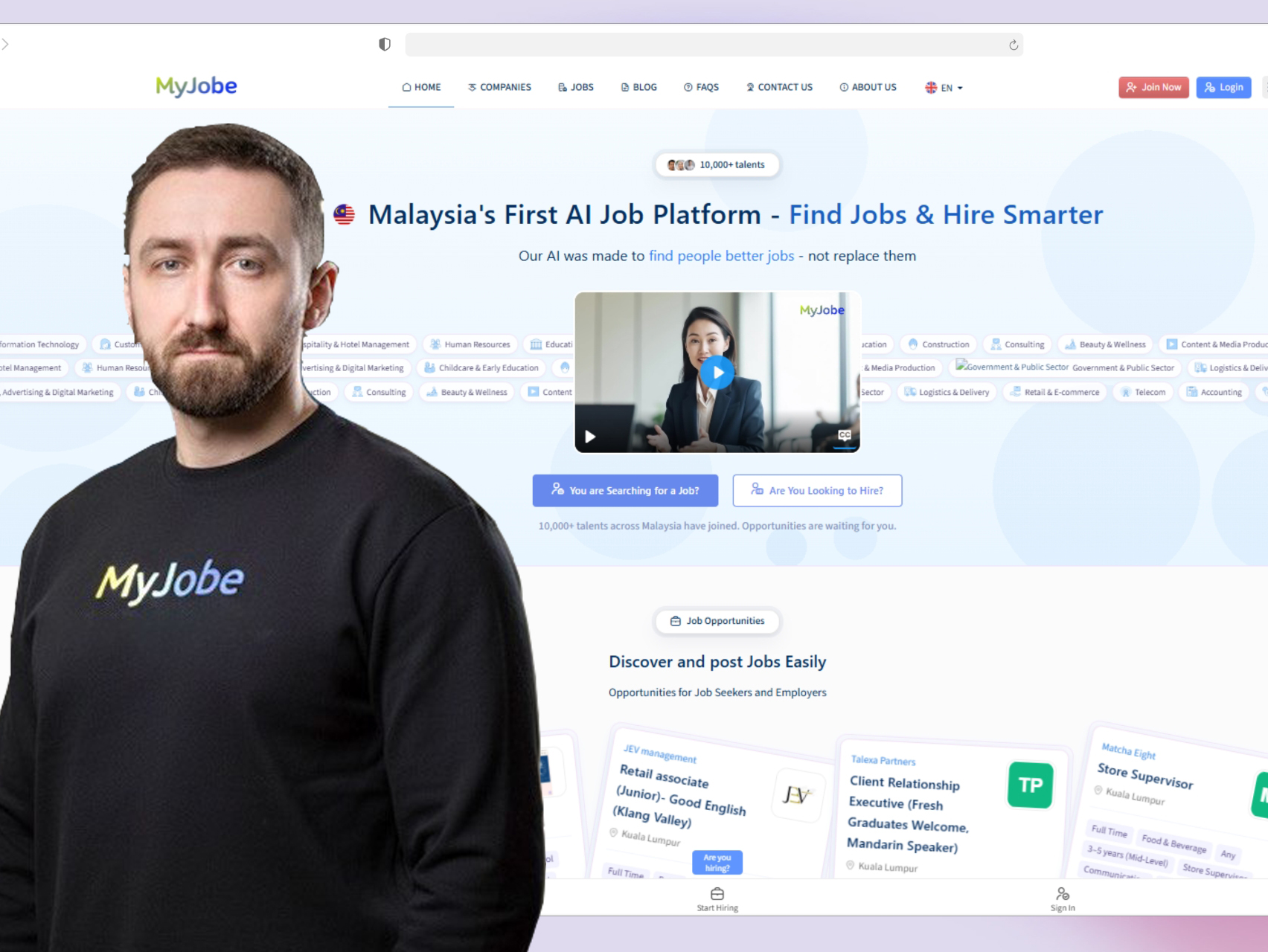BY: PAIS SERHII
Malaysia’s hiring landscape stands at a crossroads. Despite the surge of online job platforms and digital recruitment tools, both employers and jobseekers continue to face the same frustrations – applications that disappear without response, mismatched listings that waste time, and rising hiring costs that strain budgets.
In a world where technology is meant to simplify, the process of hiring in Malaysia has only instead become more fragmented and complex.
Behind this paradox lies a deeper structural challenge. While Malaysia’s overall unemployment rate holds steady at around 3%, youth unemployment continues to hover at nearly twice that figure. Many fresh graduates often find themselves in roles unrelated to their qualifications, while employers continue to lament a persistent ‘skills gap’. This imbalance is not a lack of talent, but an inefficient system that fails to connect ability with opportunity.
This inefficiency carries significant economic consequences. Under the MADANI Economy and the 13th Malaysia Plan, the country aims to transition towards a high-income, digitally driven economy – a goal that depends heavily on a skilled and future-ready workforce.
Yet, without a stronger bridge between education, employability, and recruitment, Malaysia risks losing its competitive edge and leaving a generation of young talent underutilised.
It was this gap that led to the creation of MyJobe.com, Malaysia’s first fully AI-driven job platform. The idea is simple: to make hiring smarter, fairer, and more transparent. Moving beyond the limitations of keyword matching, MyJobe’s proprietary AI suitability scoring system evaluates candidates based on their skills, experience, working styles, and preferences. This allows employers to look past résumés and connect with individuals who genuinely fit the role and company culture.
Since its soft launch, MyJobe has attracted more than 10,000 jobseekers within three months – a clear indication that Malaysia’s workforce is ready for a new, technology-enabled approach to employment. Every employer on the platform is verified, and listings are offered free of charge, providing smaller enterprises and start-ups with the same visibility and access as larger corporations.
This matters in Malaysia, where SMEs represent over 97%t of all business establishments and contribute more than 45%to national GDP. Levelling the recruitment field enables these businesses to hire confidently, expand sustainably, and compete more effectively for talent.
However, technology alone is not the solution. Artificial intelligence should not replace human judgment; rather, enhance it. By automating repetitive screening processes, AI gives HR professionals the time and data needed to focus on strategic workforce development, understanding employee potential, improving retention, and nurturing future leaders.
When applied responsibly, AI can help reduce unconscious bias, accelerate hiring, and promote fairness – outcomes that benefit both employers and jobseekers.
Malaysia’s future growth depends on how effectively it can modernise its hiring ecosystem. With a young, multilingual and digitally literate population, the country has all the ingredients for a thriving digital economy. What it needs now is trust – in systems, in data, and in equitable access to opportunity. By integrating AI ethically and transparently, platforms like MyJobe are helping to rebuild that trust.
The evolution of hiring is not merely a technological story; it is an economic imperative. When businesses hire smarter, productivity rises, innovation accelerates, and communities prosper. Closing the gap between skills and opportunity will not only create better jobs – it will build the foundation for a more inclusive and sustainable Malaysia in the digital era.
** Pais Serhii is the Founder of MyJobe.com
-HR HUB











